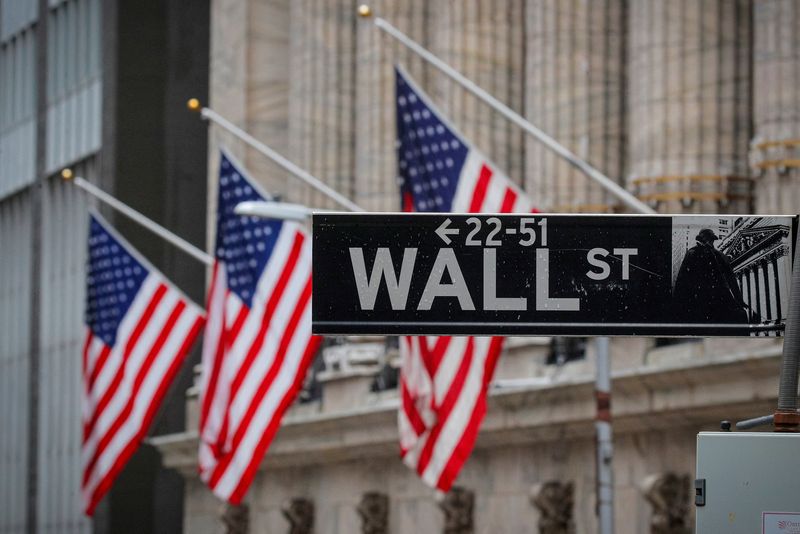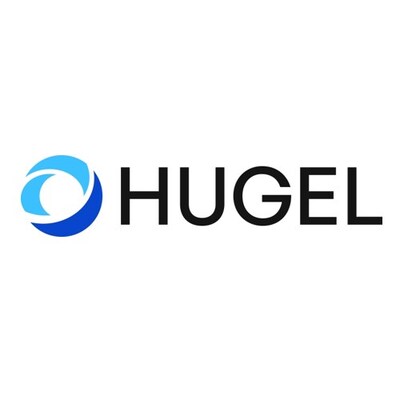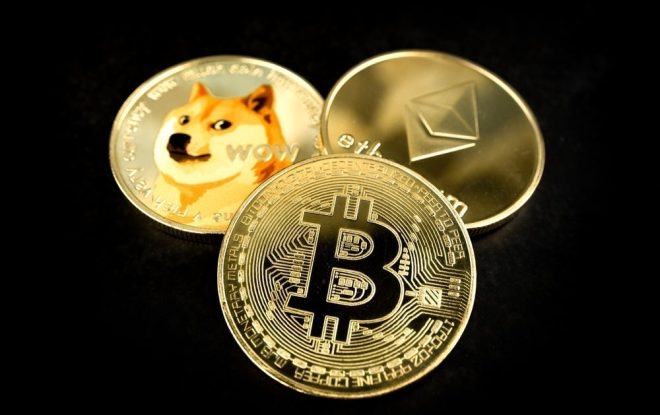'Super Bowl' Nvidia earnings stand to test searing AI trade
By David Randall
NEW YORK (Reuters) – The rally in U.S. stocks faces an important test next week with earnings from chipmaking giant Nvidia (NVDA), whose blistering run has powered markets throughout 2024.
The S&P 500 has pared a sharp drop it suffered after U.S. economic worries contributed to a sell-off at the beginning of the month and again stands near a fresh all-time high.
Nvidia, whose chips are widely seen as the gold standard in artificial intelligence, has been at the forefront of that rally, jumping by more than 30% since its recent lows. The stock is up some 150% year-to-date, accounting for around a quarter of the S&P 500’s 17% year-to-date gain.
The company’s Aug. 28 earnings report, coupled with guidance on whether it expects corporate investments in AI to continue, could be a key inflection point for market sentiment heading into what is historically a volatile time of the year. The S&P 500 has fallen in September by an average of 0.78% since World War Two, the worst performance of any month, according to CFRA data.
“Nvidia is the zeitgeist stock today,” said Mike Smith, a portfolio manager at Allspring Global Investments, which holds the company’s shares in its portfolios. “You can think of their earnings four times a year as the Super Bowl.”
Some investors are getting ready for fireworks. Traders are pricing in a swing of around 10.3% in Nvidia’s shares the day after the company reports earnings, according to data from options analytic firm ORATS. That’s larger than the expected move ahead of any Nvidia report over the last three years and well above the stock’s average post-earnings move of 8.1% over that same period, ORATS data showed.
The results come at the end of an earnings season during which investors have taken a less forgiving view of big tech companies whose earnings failed to justify rich valuations or prodigious spending on AI. Examples include Microsoft, Tesla and Alphabet, whose shares are all down since their July reports.
Nvidia’s valuations have also climbed, as the stock soared about 750% since the start of 2023, making it the world’s third-most valuable company as of Thursday, while also drawing comparisons to the dotcom bubble of more than two decades ago. The company’s shares trade at about 37 times forward 12-month earnings estimates, compared with a 20-year average of 29 times, according to LSEG Datastream.
Market sentiment could depend as much on Nvidia’s guidance as its results. Evidence that it sees robust demand will be a bullish sign that companies are continuing to invest rather than pull back in anticipation of an economic slowdown, said Matt Stucky, chief portfolio manager, equities, at Northwestern Mutual Wealth Management.
Nvidia’s “connection to the largest companies in the U.S. stock market makes this a must-watch event,” he said. “The biggest piece that investors want to know is whether there is sustainability and what demand will look like in ’25 and ’26,” he said.
The trajectory of monetary policy and the U.S. economy also looms large for investors. In a Friday morning speech in Jackson Hole, Wyoming, Federal Reserve Chair Jerome Powell offered an explicit endorsement of interest rate cuts, saying further cooling in the job market would be unwelcome.
Investors will be watching U.S. labor market data on Sept. 6 for evidence of whether last month’s unexpected downshift in employment carried over to August. Signs that employment is continuing to weaken could bring back the recession fears that rocked markets earlier this month.
A tight presidential race between Vice President Kamala Harris, a Democrat, and Republican former President Donald Trump may also whip up market uncertainty in the weeks ahead.
The August surge in stocks may make it difficult for markets to make much more headway in the near term even if Nvidia’s earnings impress Wall Street, said John Belton, a portfolio manager at Gabelli Funds, which holds shares of the chipmaker.
The S&P 500 trades at 21 times expected earnings, far above its long-term average of 15.7.
“The stock market as a whole is still trading at stretched valuations so the bar remains high,” Belton said.
(Reporting by David Randall; Additional reporting by Lewis Krauskopf and Saqib Iqbal Ahmed; Editing by Ira Iosebashvili and Jonathan Oatis)




Leave a Reply